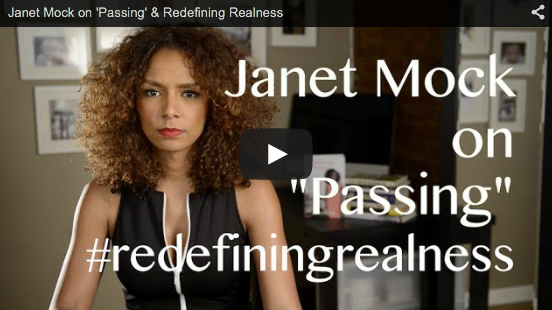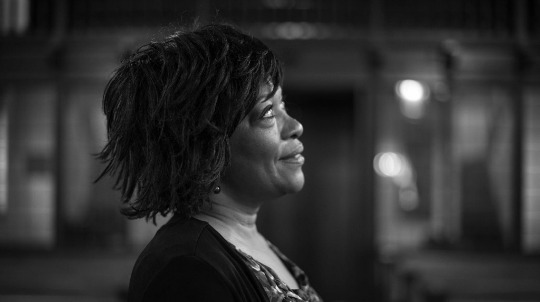In early February, Facebook rolled out 56 new gender identities for user profiles. Selections such as “pangender” and “two-spirit” now drop-down in a list that gives users more ways to describe themselves.
When she heard the news, transgender advocate Janet Mock, 30, sent out a simple “Yeeesss” on Twitter. Over the past three years, Mock has been increasingly visible and unapologetic about her goals: to provide more spaces for the trans community to be open about their stories and their identities. Hers began 30 years ago in Hawaii and continued during her teen years in Oakland, Cal. She was the first member of her family to attend college, graduating with degrees from the University of Hawaii and New York University.
In 2011, Mock publicly proclaimed her identity as a transgender woman in an Marie Claire essay.
“When I came into adulthood, I learned from other trans women that you need to be quiet,” said Mock, who had gender reassignment surgery at age 18. “Go and move on and be successful; that was the model that they had…So I did that, and for a while it was amazing, but part of myself felt like I was silencing myself again.”
After publication of the Marie Claire essay, Mock began the #GirlsLikeUs hashtag on Twitter, intending to use it as a safe place for trans women to gather and connect. It is thriving, with close to 1,000 tweets transmitted per day, and ample participation from trans women on Facebook, Instagram, and Google+.
“These social media platforms can be a lifeline for people who are struggling with identity, who are struggling with self, who don’t have validation, affirmation and real-life friendships,” Mock explained in a recent At Google talk. “Most trans women grow up in isolation.”
Mock’s 2014 memoir, Redefining Realness from Atria Press, continues her advocacy, and amplifies her narrative beyond transitioning and gender reassignment surgery. Mock chooses to be bold on the page, diving into the pain of childhood sexual abuse, the teenage period of engaging in sex work to pay for her surgery, and the mending of her relationship with her strict, Southern Baptist father.
In a series of short videos filmed in concert with the book release, Mock discusses her thoughts on “passing” as a cisgender woman (one aligned with their assigned sex at birth), the significance of pop culture in her life’s journey, and more. Take a look.



